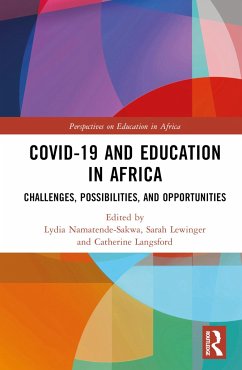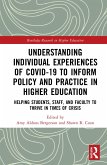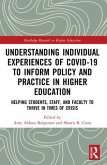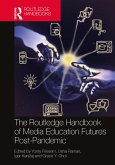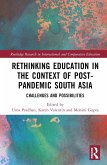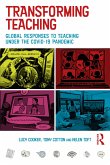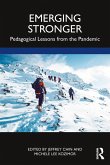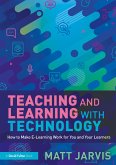With comprehensive examples from researchers across East Africa, West Africa, and Southern Africa, the book examines how primary, secondary, and tertiary education was affected by the pandemic and how its effects are shaping the future of education in Africa.
This book addresses diverse issues relating to COVID-19 and education, including the gendered-, classed-, and disability-related effects of the pandemic; African educators' and students' experiences with different remote learning technologies; and the outcomes of government interventions in education, such as prolonged school closures. The chapters and case studies highlighted in the volume represent the voices of African educators, students, and parents as they share their experiences of the pandemic and their perspectives on how learning should be optimised to better manage future disruptions to education.
This book is the first of its kind to comprehensively examine the effects of COVID-19 on education in Africa and will be essential reading for researchers, academics, and scholars of African education, international and comparative education, and education policy.
This book addresses diverse issues relating to COVID-19 and education, including the gendered-, classed-, and disability-related effects of the pandemic; African educators' and students' experiences with different remote learning technologies; and the outcomes of government interventions in education, such as prolonged school closures. The chapters and case studies highlighted in the volume represent the voices of African educators, students, and parents as they share their experiences of the pandemic and their perspectives on how learning should be optimised to better manage future disruptions to education.
This book is the first of its kind to comprehensively examine the effects of COVID-19 on education in Africa and will be essential reading for researchers, academics, and scholars of African education, international and comparative education, and education policy.

